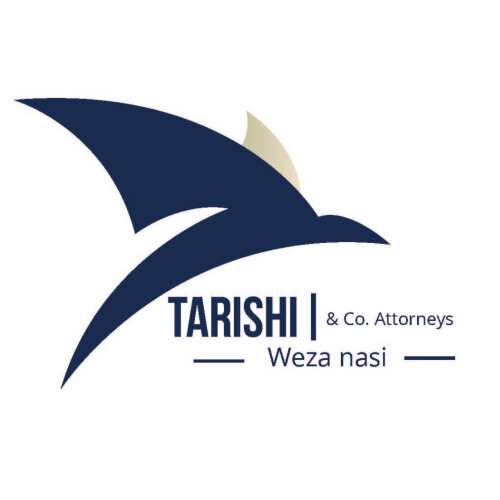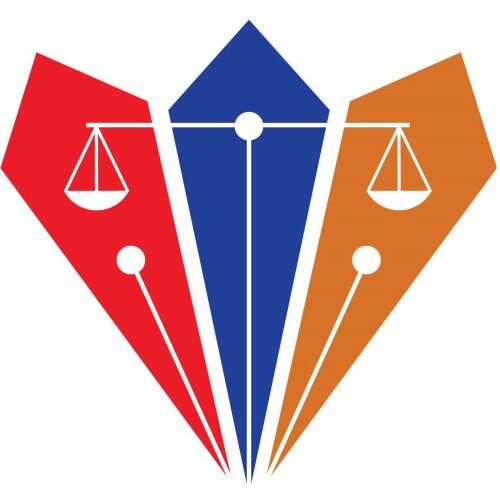Best Employer Lawyers in Dar es Salaam
Share your needs with us, get contacted by law firms.
Free. Takes 2 min.
List of the best lawyers in Dar es Salaam, Tanzania
About Employer Law in Dar es Salaam, Tanzania
The employer law in Dar es Salaam, Tanzania, pertains to the rights, relationships, and obligations between employers and their employees. This legal area includes a wide range of aspects, such as hiring and firing policies, employment contracts, wage and hours laws, privacy rights at work, and safety standards. The laws also touch on discrimination and harassment in the workplace, benefits and compensation, and maternity and paternity leave. In Tanzanian law, both the Employment and Labor Relations Act of 2004 and the Workers Compensation Act of 2008 play pivotal roles in governing these aspects.
Why You May Need a Lawyer
While Tanzania's labor laws are extensive and designed to protect workers, understanding and navigating them can be challenging. Employers may require assistance in establishing employment contracts, dealing with employment disputes, resolving issues of illegal termination or unfair labor practices. Similarly, employees may need legal guidance when faced with issues of unfair dismissals, harassment at work, or disputes around compensation and benefits. In cases of accidents or injuries at work, both parties often require legal assistance to handle workers’ compensation claims. In such circumstances, a well-informed legal counsel can provide crucial insights and guidance.
Local Laws Overview
The Tanzanian Employment and Labor Relations Act, 2004 and the Workers Compensation Act, 2008 form the backbone of employer law in Dar es Salaam. Labour relations, working conditions, employment contracts, restrictions on child labor and forced labor are covered extensively in the law. The legislation also outlines employer obligations, such as providing a safe work environment, properly compensating employees, and refraining from discriminatory practices. For instance, it's mandatory in Tanzania to provide a written contract of employment to any employee who will be employed for six or more weeks over a period of four consecutive months. If an employer fails to provide such a document, they may face legal consequences.
Frequently Asked Questions
What is the minimum wage in Dar es Salaam, Tanzania?
The minimum wage in Tanzania varies based on the industry and is mandated by the government. You should check with the labor department for the current minimum wage in your specific industry.
What rights do I have as an employee in Tanzania?
Every employee in Tanzania has the right to a safe working environment, fair wages, social security benefits, and freedom from discrimination and harassment. Also, employees have a right to join trade unions.
What are the legal work hours in Tanzania?
As per Tanzanian law, the basic legal work hours are 45 hours a week, not including lunch hours. Anything more than this is considered overtime, which should be compensated accordingly.
What is the retirement age in Tanzania?
The compulsory retirement age in Tanzania is 60 years, but it can be extended to 65 years in special circumstances.
Are employers required to provide benefits like health insurance?
Yes, employers in Tanzania are required by law to provide their employees with certain benefits, including health contributions.
What happens if an employee is injured at work?
If an employee gets injured at work in Tanzania, the employer is required to compensate them under the Workers Compensation Act.
What is the legal procedure for terminating an employee?
The legal procedure for terminating an employee in Tanzania involves providing a written notice or payment instead of notice, showing a lawful reason for the termination and observing the due process.
Can employees in Tanzania form or join labor unions?
Yes, employees in Tanzania have the right to form and join labor unions.
What legal recourse do employees have against unlawful termination?
An employee who feels they have been unlawfully terminated can file a complaint with the Commission for Mediation and Arbitration in Tanzania.
What constitutes workplace harassment in Tanzania?
Workplace harassment in Tanzania may include any unwanted conduct, comments, actions or gestures that result in an intimidating, hostile or offensive work environment.
Additional Resources
The Ministry of Labor, Youth, Sports and Manpower Development is the key government body overseeing labor relations in Tanzania. Additionally, trade unions like the Trade Union Congress of Tanzania (TUCTA) and various non-governmental organizations provide resources and support for labor-related issues.
Next Steps
If you need legal assistance with employer law related issues in Dar es Salaam, it's advisable to contact a local attorney well-versed in these matters. An experienced lawyer can help you understand your rights and obligations under Tanzanian law, guide you under complex situations and help negotiate and settle disputes. It may also be useful to contact local labor unions or labor rights organizations for guidance and support.
Lawzana helps you find the best lawyers and law firms in Dar es Salaam through a curated and pre-screened list of qualified legal professionals. Our platform offers rankings and detailed profiles of attorneys and law firms, allowing you to compare based on practice areas, including Employer, experience, and client feedback.
Each profile includes a description of the firm's areas of practice, client reviews, team members and partners, year of establishment, spoken languages, office locations, contact information, social media presence, and any published articles or resources. Most firms on our platform speak English and are experienced in both local and international legal matters.
Get a quote from top-rated law firms in Dar es Salaam, Tanzania — quickly, securely, and without unnecessary hassle.
Disclaimer:
The information provided on this page is for general informational purposes only and does not constitute legal advice. While we strive to ensure the accuracy and relevance of the content, legal information may change over time, and interpretations of the law can vary. You should always consult with a qualified legal professional for advice specific to your situation.
We disclaim all liability for actions taken or not taken based on the content of this page. If you believe any information is incorrect or outdated, please contact us, and we will review and update it where appropriate.













